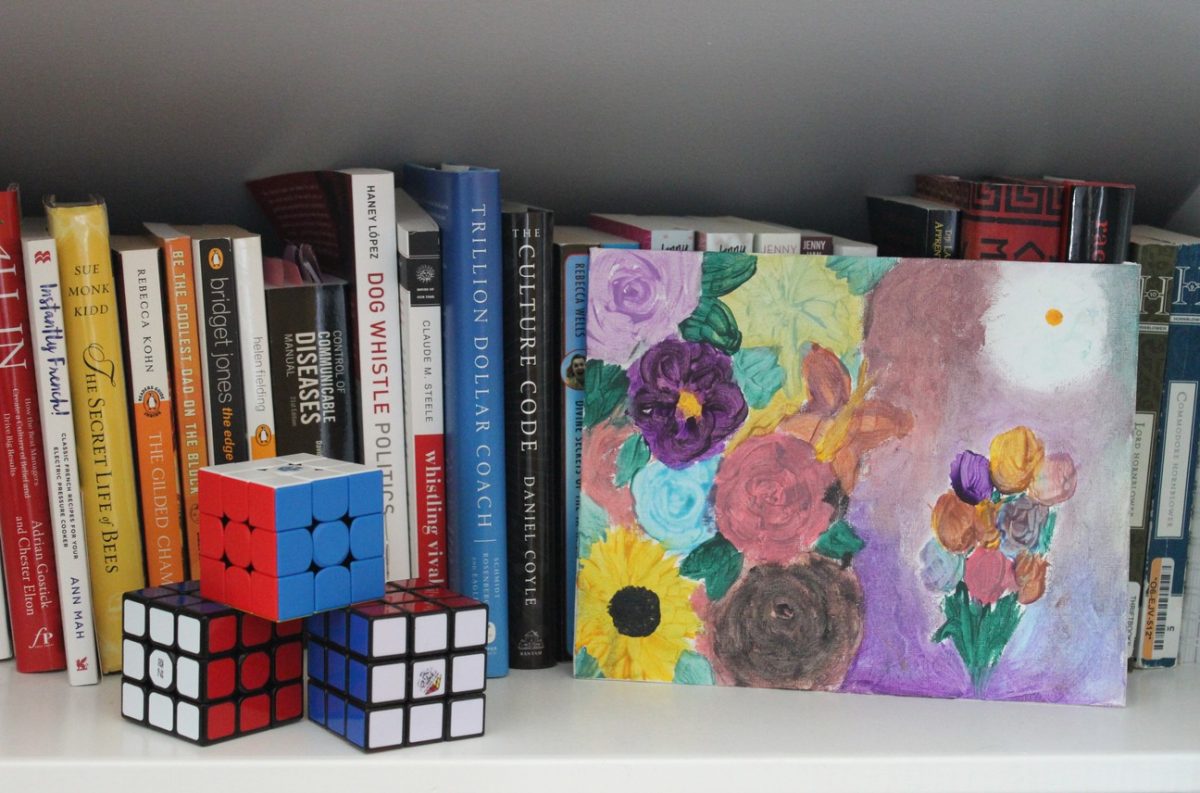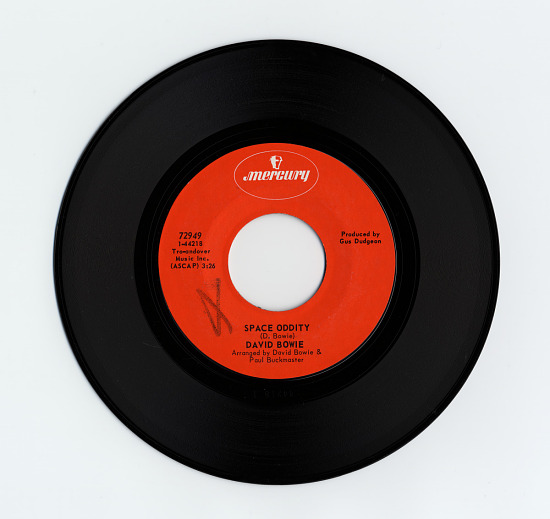“Will and Harper” is a moving documentary about the friendship between actor Will Ferrell and television producer, Harper Steele, a transgender woman navigating a later-in-life transition. With a friendship stretching over decades, their shared past is at the heart of the documentary.
Ferrell and Steele first met in 1995 while working on “Saturday Night Live,” and that shared history is shown throughout their interactions as they develop an unspoken trust that becomes the foundation of the documentary. The story begins with Steele sending an email to Ferrell, sharing the news of her transition and setting the stage for the rest of the documentary where they will embark on a roadtrip across the United States—adapting to their changing friendship.
One of the documentary’s strengths is balancing humor and vulnerability. Ferrell’s natural comedic energy and his humor provides lightness in darker moments. Whether it’s a witty remark, or playful exchange with Steele, his humor isn’t forced—it’s simply how he interacts with the people he cares about. While audiences may recognize Ferrell’s humor from films like “Elf” and “Anchorman,” Harper brings a sharp, subtle, and quietly hilarious style. Delivered with a calm, deadpan touch, her punchlines are all the more impactful.
The documentary doesn’t avoid Harper’s challenges, especially in public spaces. One uncomfortable scene shows her stepping into a Southern steakhouse, where she feels out of place under the silent stares, verbal judgements and phone cameras. The tension in the room was unspoken, however, the scrutiny of online comments was loud. After being seen in the steakhouse with Ferrell, they sat outside reading the various online comments dissecting her identity as though she’s simply a subject for debate. These moments highlighted the courage needed to live in a world that isn’t always understanding.
The documentary also incorporates reflective scenes, often in the car during Ferrell and Harper’s roadtrip across the South. These quiet moments on the road become a metaphor for Steele’s journey towards self-acceptance and offer the chance to process the often stressful scenes in between.
Their interactions never feel forced—whether talking about difficult parts of Harper’s transition or simply enjoying each other’s company, their conversations are filled with laughter that feels natural, even when they touch on more serious topics. Will’s humor doesn’t overshadow Harper’s journey, but seamlessly blends into it, helping them both get through uncomfortable moments with grace.
We are living in a time when transgender and queer identities are taken into a polarized public arena. It’s hard to escape the endless campaign ads or instagram comment sections that demonize them. “Will and Harper” showcases the lived experience of a transgender woman in a compelling way for all audiences.










